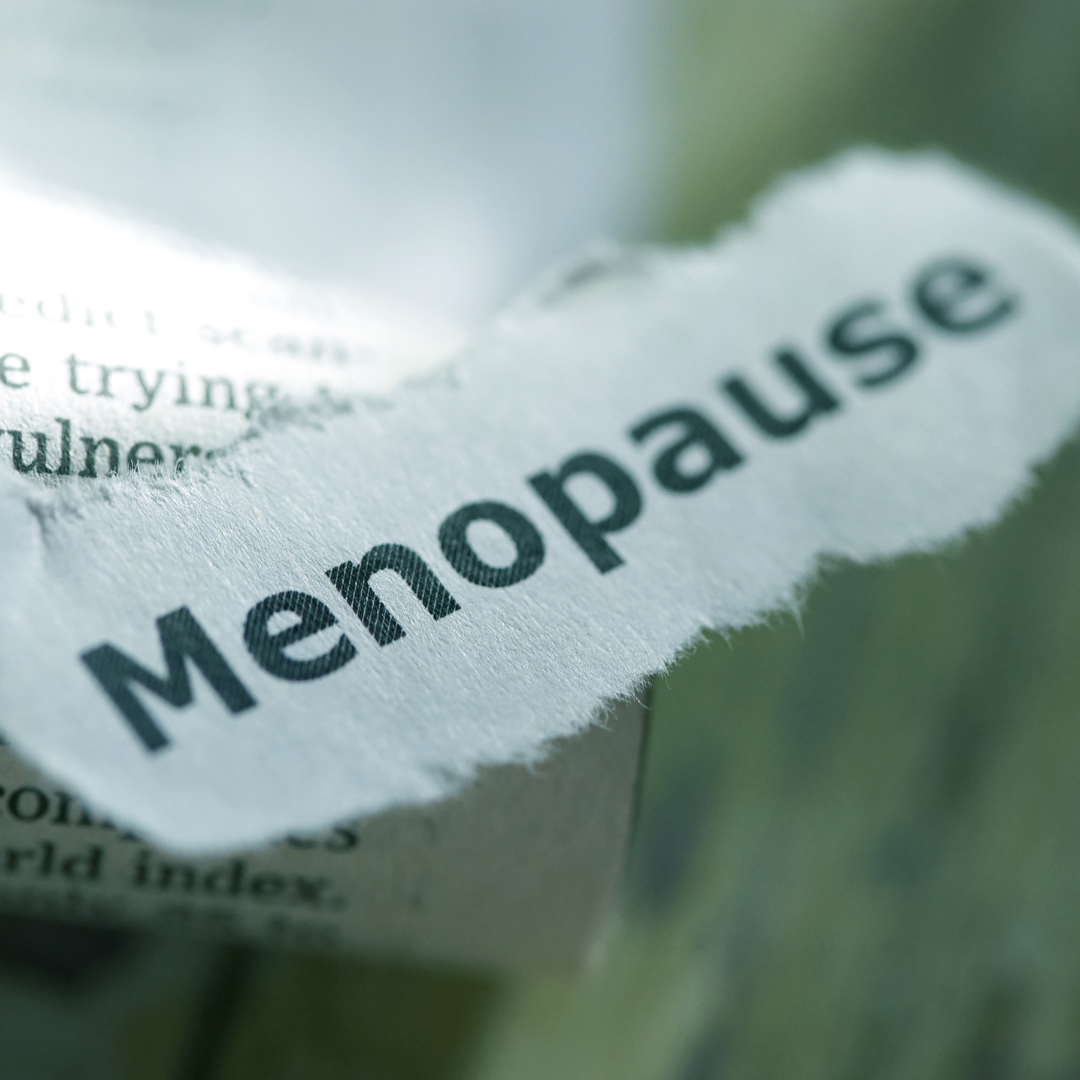
Menopause is one of those “fizzy” topics in women’s health. It’s often misunderstood. Many adults aren’t even aware that they’re going through menopause. But menopause isn’t only one of these “fizzy” topics. It’s often misunderstood, too.
Menopause is a word that strikes fear in the hearts of many women-especially as they inch closer to reaching-or passing-the age of forty. It’s uncomfortable, unpredictable, and downright annoying, but believe it or not, this temporary condition doesn’t have to signify the end of your sex life. In fact, if all goes well, then you may even be able to enjoy a healthy sex life well into your 60s and beyond. While many men or women may feel uncomfortable talking about it, honestly, it’s nothing to be ashamed of. In fact, this can be a wonderful time to explore new sexual avenues with your partner including the use of sex toys (read a review here), if you’re open to it.
Menopause, or “the change,” may come at 50 or 55, but if you’re approaching that age, chances are you’re not ready to stop having sex. It can be a confusing and frustrating time, but understanding menopause and what you can do about it can help put things into perspective.
The cessation of menstruation, affects 40 to 50 percent of women. Menstruation is traditionally seen as a sign that a woman is fertile so that menopause can feel like the end of something. While menopause affects women of all ages, the average age of onset is 51. If you’re younger than 50 and haven’t had your monthly period yet, you’re likely not menopausal. The “change of life” can occur at any age but usually happens between the ages of 45 and 55. Many women experience hot flashes, night sweats, mood swings, vaginal dryness, and even vaginal bleeding. The Menopause transition can be a difficult experience for some women.
It results from a cascade of changes that begin in your early forties. Menopause starts when a woman stops having periods. You can experience these “changes” in your late forties if you are lucky, although you’ll still experience some symptoms up until your early fifties. The symptoms are often mild, although they can vary depending on your body’s unique response. The good news is that you don’t have to go through menopause alone!
It is a normal biological change that all women experience around the age of 50. Although sometimes it can bring with it symptoms that disrupt one’s daily life, menopause is usually considered a positive transition that helps women become more comfortable in their own skin and at peace with their bodies. Meanwhile, some health effects arise around the age of 50, such as cardiovascular disease, osteoporosis, and eyesight loss. The majority of these conditions can be prevented by consuming a healthy lifestyle, whilst the improvement of eyesight can be accomplished with proper eye treatments such as laser surgery (check out laser eye surgery melbourne prices if you are interested).
Menopause is a life-changing event for many women. During this phase, women might experience a loss of collagen levels, which in turn reduces the elasticity of the skin. This could affect their self-esteem as they would start showing signs of aging, like fine lines and wrinkles on their faces. However, there are many external ways that they can try out to supply collagen to their skin. For example, one of the methods would be to use beauty products (from skincare companies such as JoyViva) that can help their skin look younger and replenished.
During menopause, many women also experience sleep disturbances due to hormonal changes. To improve the sleep cycle during menopause, women can try to stick to a regular sleep schedule, avoid caffeine and alcohol close to bedtime, exercise regularly, and practice relaxation techniques. Furthermore, women can find other helpful sleep tips through online portals like UrbanSportsClub.com. It is generally advised that a woman should take steps to ensure she gets adequate sleep during menopause.
As a woman ages, her body no longer produces the hormones estrogen and progesterone, leaving her with fluctuating levels of estrogen and progesterone. These changes can bring about a variety of symptoms, including hot flashes, night sweats, weight gain, and vaginal dryness. One of the most common symptoms of menopause is vaginal dryness, which is also known as vaginitis.
Menopause is the most remarkable part of a woman’s life. It’s a biological stage that brings many changes, both physical and emotional, to a woman’s life. During menopause, a woman’s natural ovaries stop making estrogen and progesterone, and she enters a new phase called Postmenopause. During Postmenopause – the time following menopause – a woman’s estrogen and progesterone levels begin to decrease naturally, and the body’s natural aging process continues.
